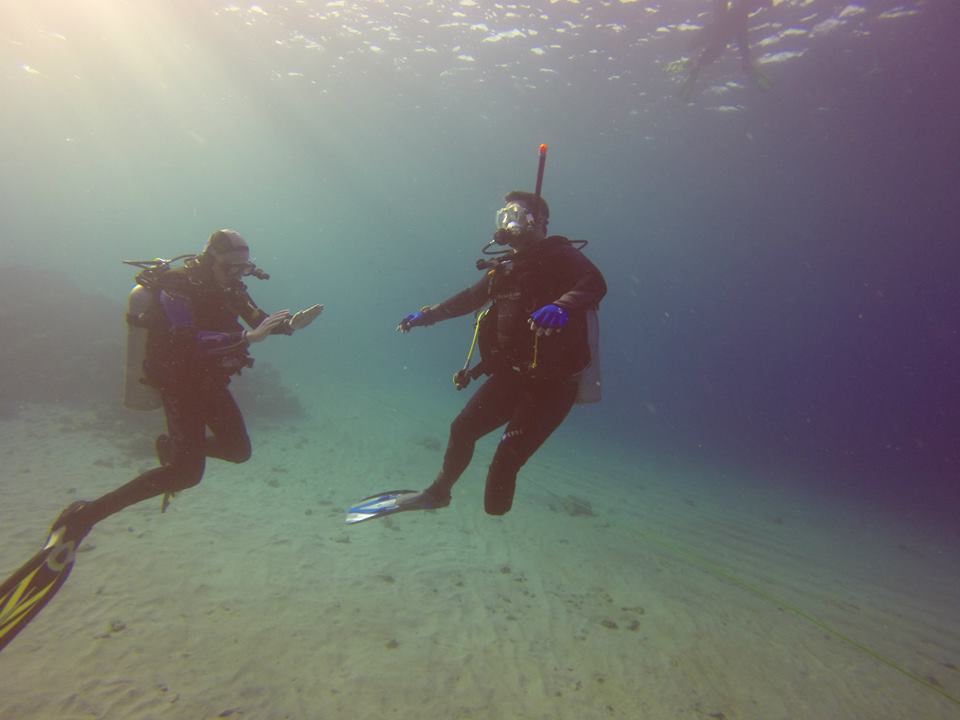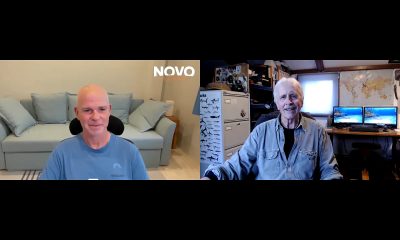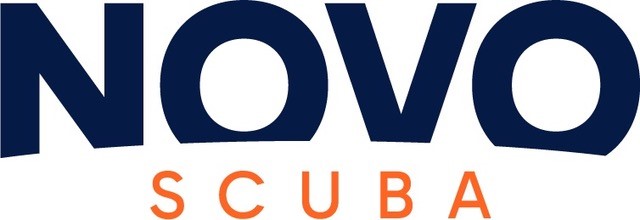News
Scuba Diving in Rehab
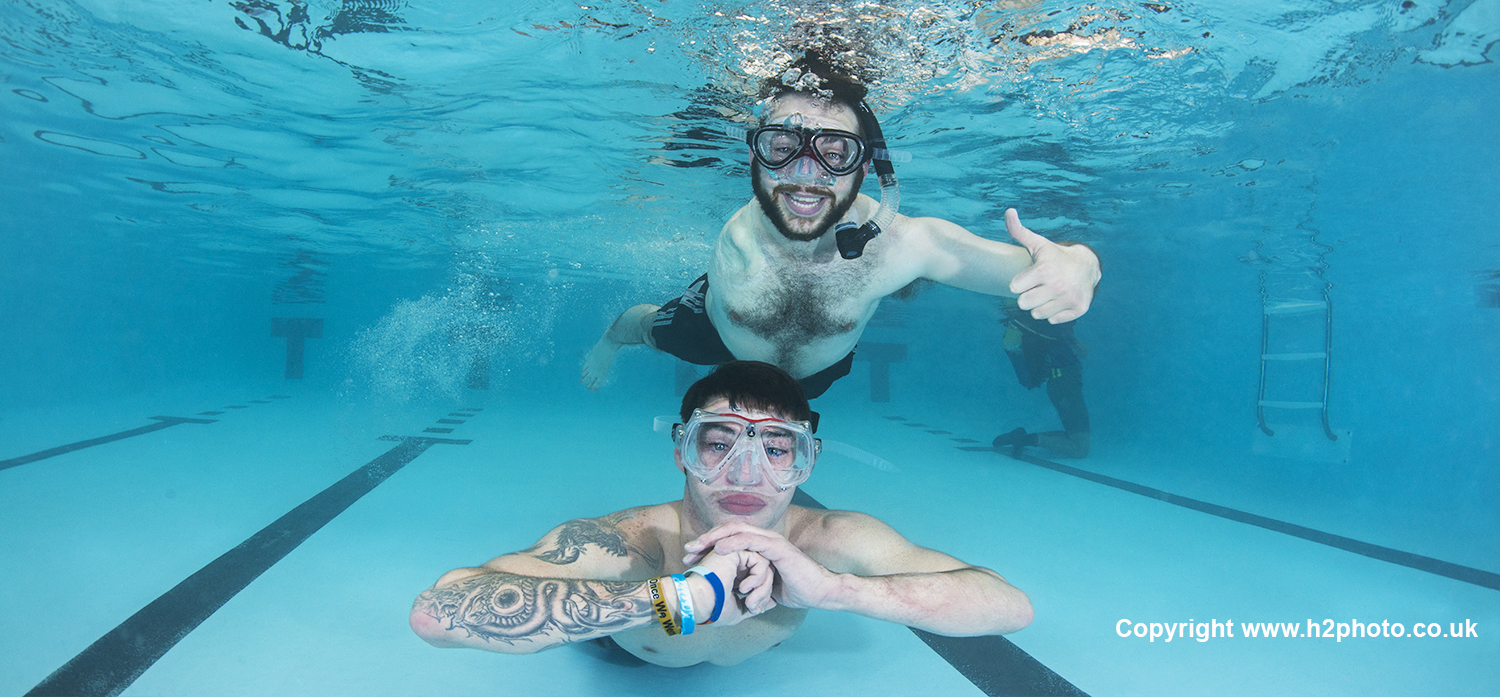
Last year, whilst taking part in the 2015 Miss Scuba UK competition, I had the pleasure of being introduced to Richard Cullen, the Chairman and life vice president of the charity ‘Deptherapy’, a charity that seeks to run specially adapted scuba diving programmes to aid seriously injured UK veterans.
I was introduced to veteran Danny Martin, who told me that on returning from Afghan, he was diagnosed with Stage 3 testicular cancer, which meant that he had to undergo lifesaving surgery to remove the affected cancer masses. After trying to cope with both the trauma of returning from war and a serious cancer diagnosis within months of each other, it’s not surprising that Danny was diagnosed with post traumatic stress disorder. In his words, “I went down a very dark road, turning mean, angry, and frustrated, and it got to a point where I was on the brink of losing everything, including my wife, my kids, and my house. I couldn’t take life any longer.”
The team at Deptherapy were alerted to the issues Danny was facing, and gave him round the clock help in the form of talking therapies for weeks on end. They offered Danny a trip to Egypt to complete a diving course, a sport that he had never tried before. He described the experience as life changing, and said that being under the water cleared his mind of the problems consistently running through his head.
I also met Chris Baker, a disabled Army Veteran who was injured by an IED in Iraq. He had sustained extensive and complicated injuries, and due to crippling pain and a state of mental collapse on realising he would never walk again (after previously living a very active lifestyle), he was confined to his bed for almost 5 years. I was shocked at the extent of Chris’s spinal injuries, and the horrendous mental health issues that both Danny and Chris had faced after returning from war, but after further reading I have discovered that they are certainly not alone.
The combination of modern warfare and modern medicine has led to a rise in injured veterans returning home. Between 2006 and 2013, a total of 6,663 UK personnel were aero-medically evacuated from Afghanistan on medical grounds (Gov.co.uk accessed December 15). This obviously represents a unique challenge for healthcare professionals in caring for both the physical and mental aspects of their rehabilitation.
In terms of the mental health implications, a report by the Ministry of defence in 2013 stated 1.8% of servicemen were diagnosed with post traumatic stress disorder (PTSD), and being a student Doctor having previously spent time in traumatic injury units, I have seen first hand the ongoing struggles associated with the standard rehabilitation process. Treatments currently available for PTSD include counselling, CBT and in some cases anti depressant medication (NHS 2015). However, as with most drugs these have unwanted side effects. The sort of symptoms specifically seen in veterans with PTSD can be impaired concentration and difficulty in impulse control (Arnsten A, 2015). Alongside the standard treatments, alternative therapies such as holistic treatments (acupuncture, hypnotherapy, meditation and yoga) are also sometimes used to manage the condition (US Department of veteran’s affairs, 2015).
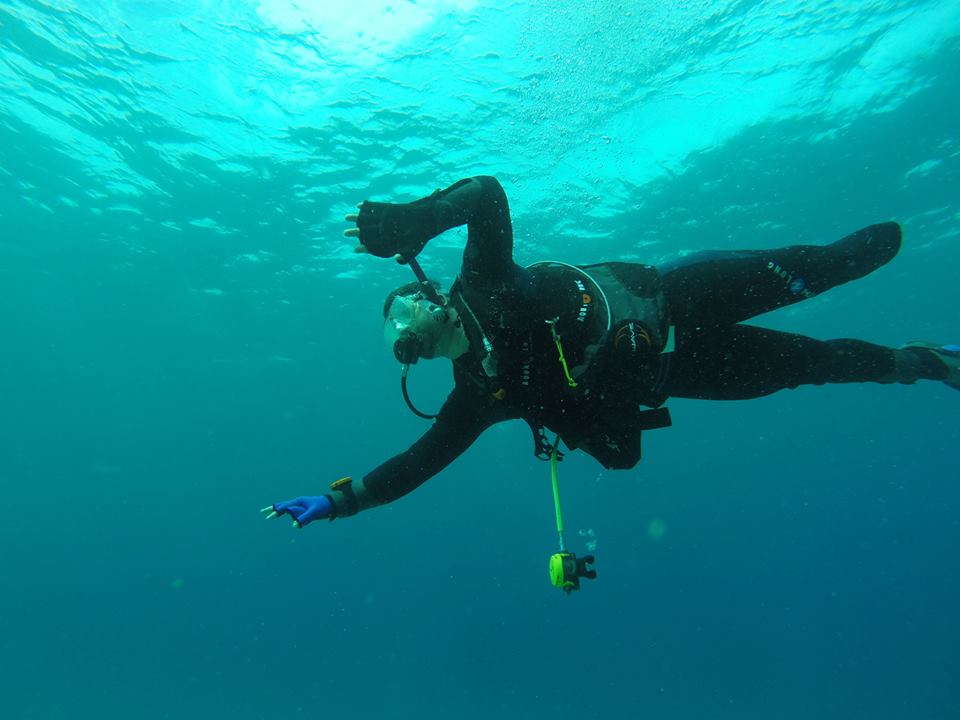
The feeling of weightlessness and the independent mobility that scuba diving provides can offer positive rehabilitative benefits for those suffering with PTSD
After speaking to Chris and Danny, it was clear to me that the benefits of using scuba diving as a form of rehabilitation for veterans were just too vast to ignore, and I was sure that there must have been other people out there reporting these same benefits. In an effort to understand this more, I scoured the medical databases for previous research on this subject, and was amazed at what I found….
Despite the recent growing interest in the rehabilitative benefits of scuba diving from the disabled population (Cheng J 2005), in the past, physicians prohibited patients with neuromuscular disease or disability from participating in scuba diving (Madorsky JG 1988). This was because of the widespread belief at the time that allowing someone who is not ‘able bodied’ to take part in such a perceived risky sport was dangerous; however, in 1992 a research paper by Muller showed that participants classed as ‘disabled’ had no difficulties while taking part in a scuba diving course, therefore showing no reason to create a blanket exclusion for disabled individuals. The report in fact actually highlighted the opportunities that SCUBA diving affords this group, like moving without assistive devices in a gravity-free environment. He uses the experience of a person with T10 paraplegia to illustrate the benefits of completing specific scuba diving certifications, and thus believes these benefits could be extrapolated to a wide variety of disabilities such as paraplegia, quadriplegia and amputation.
Spasticity is a common symptom of paraplegics and has a massively detrimental effect on quality of life, and is usually treated with pharmaceuticals (such as baclofen); however, these medications lead to extreme side effects such as drowsiness or fatigue. Haydn et al (2007) showed that SCUBA rehabilitation of disabled patients improved their spasticity, and this research showed that dosages of baclofen could then be lowered. These findings are by no means one-off’s; there have been several similar studies showing comparable results going back to a paper by Williamson in 1984.
Mueller M. in 1992 conducted a survey of 27 disabled SCUBA divers, and 84% noted significant psychological improvements (increases in self-confidence and better community integration) from learning to dive, and research carried out by Carin-Levy G and Jones D in 2007 reported that disabled respondents indicated that diving is a challenging, enjoyable activity that enhances their quality of life through enriching social experiences and improved self-concept. Furthermore, subjects stressed that carrying out the activity in a buoyant environment allowed them to feel weightless, thus free from their impairments and equal to non-disabled divers. Hemelryck and his team did some research in 2014 to see if SCUBA diving had any detrimental effects on cognitive function (such as reaction time). In this research over a 100 SCUBA divers had their cognition assessed and it was found that SCUBA diving has no detrimental effects on cognitive ability.
Understandably it is still however mindful to appreciate individuals with disabilities may need specialist adaptations in kit or protocol when diving, and even Williamson discussed way back in 1984 that although the current general guidelines for the medical assessment of non-disabled divers appears to be suitable for disabled persons, additionally each particular disability demands careful individual assessment; and later in 1987, a paper by Carol discussed the importance of utilising correct safety precautions such as avoiding abrasions in insensate extremities, and also protection against sunburn or chilling by wearing the correct personal protective equipment.
Looking at the evidence available, it seems that today’s Doctors should be encouraged to support those individuals who wish to explore the submerged two thirds of our planet for its potential rehabilitative opportunities, and until scientific data can demonstrate actual increased medical risk, the psychologic benefits of diving for the disabled appear to outweigh the risks.
Furthermore, personal attributes such as the desire for order, risk seeking behaviour and/or goal orientated behaviour are important characteristics that need to be taken into consideration when tailoring a person’s therapy, as shown by RM Scarified 2013, who speaks about service men and women and how they intrinsically seek and enjoy regime, danger, risks and reward. I believe this is why SCUBA diving provides an amazing rehabilitative treatment of choice for our injured service men and women. And as one of the next generation of Doctors, I will be supporting research in this area 100%.
References
Arnsten A, Raskind M,. Taylor F, Connor D. (2015) The effects of stress exposure on prefrontal cortex: Translating basic research into successful treatments for post-traumatic stress disorder. Neurobiology of stress. 1 , 10, pp89-99.
Carin-Levy G and Jones D. (2007) Psychosocial aspects of scuba diving for people with physical disabilities: An occupational science perspective. Canadian Journal of Occupational Therapy. 74,1, pp.6-14
Carroll JF ( 1987). Scuba diving with disabilities. Sports Spokes. 62,13, pp 45-47
Cheng J and Diamond M. (2005) SCUBA diving for individuals with disabilities. American Journal of physical medicine & Rehabilitation. 84,5,pp369-375.
Deptherapy. 2015. Deptherapy blog. [ONLINE] Available at: http://www.deptherapy.co.uk [Accessed 07 December 15].
Haydn T, Brenneis C, Schmutzhard J, Gerstenbrand F, Saltuan L, Schmutzhard E.( 2007) Scuba diving — a therapeutic option for patients with paraplegia. Journal of Neuropsychiatry and clinical neurosciences. 21, 3, pp226-229.
Hemelryck W, Germonpré P Papadopoulou V, Rozloznik, M, Balestra C. (2014) Long term effects of recreational SCUBA diving on higher cognitive function. Scandanavian journal of medicine and science in sports. 24, 6, pp928-934.
Madorsky JG, Madorsky AG (1988).Scuba diving: taking the wheelchair out of wheelchair sports. Archive Physical Medicine and Rehabilitation. 69, 3, pp215-8.
Ministry of Defence. 2013. Freedom of information regarding PTSD . [ONLINE] Available at: https://www.gov.uk/government/uploads/system/uploads/attachment_data/file/261187/PUBLIC_1383036796.pdf. [Accessed 07 December 15].
Mueller M. (1992). Psychological benefits of scuba diving in the disabled: A survey. Archives of Physical Medicine and Rehabilitation. 73, 10, pp1014.
Blogs
EXCLUSIVE: Jeff Goodman interviews Mark Spiers, CEO of New Scuba Diving Training Agency NovoScuba
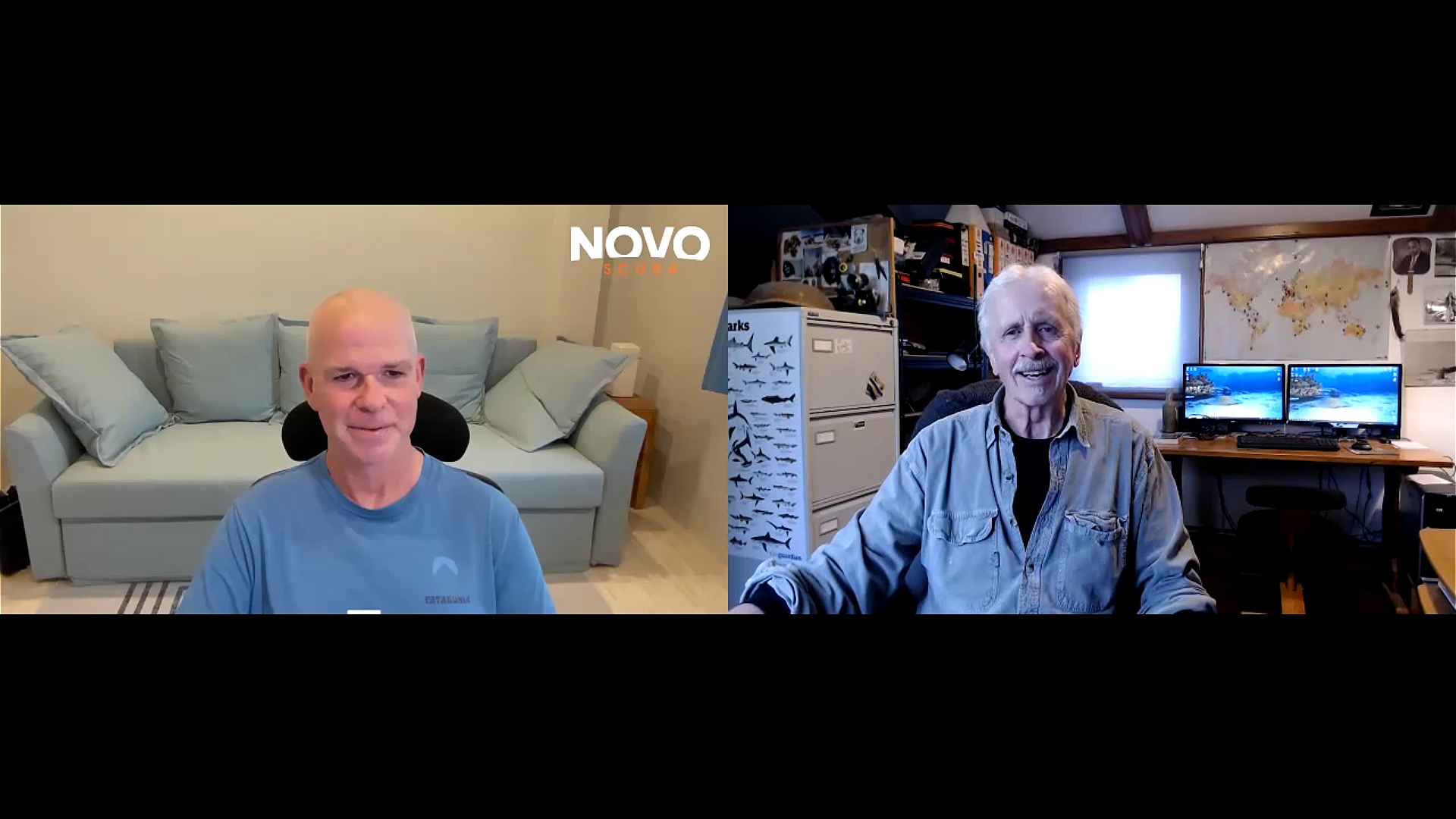
In a video recorded exclusively for Scubaverse.com, Jeff Goodman interviews Mark Spiers, CEO of new scuba diving training agency NovoScuba.
Find out more about NovoScuba at www.novoscuba.com.
News
Charting New Waters; NovoScuba Goes Global with the Launch of their Revolutionary Dive Training Agency!
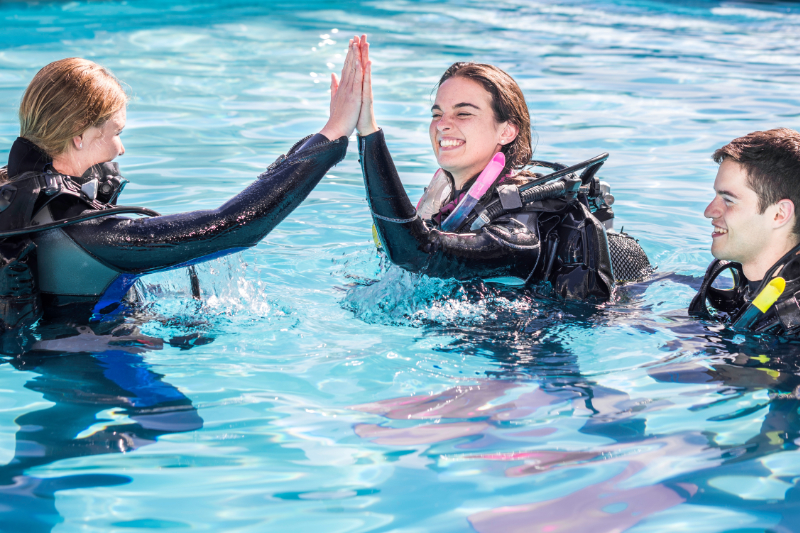
Discover a New Era of Dive Education: NovoScuba Brings Innovation to the Surface! Fully ISO Certified and Equipped with Cutting-Edge Technology.
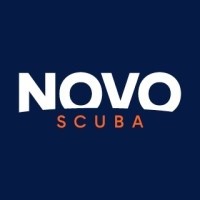 With a combined experience spanning over a century in the diving industry, a team of accomplished dive store owners, managers, and professionals unveils NovoScuba, a ground-breaking dive training agency poised to redefine the benchmarks of underwater education. Launching in May 2024, NovoScuba promises a revolutionary approach to dive training. Their vision is to make diving accessible to everyone, share success within the dive community and emphasise positive interactions with the planet.
With a combined experience spanning over a century in the diving industry, a team of accomplished dive store owners, managers, and professionals unveils NovoScuba, a ground-breaking dive training agency poised to redefine the benchmarks of underwater education. Launching in May 2024, NovoScuba promises a revolutionary approach to dive training. Their vision is to make diving accessible to everyone, share success within the dive community and emphasise positive interactions with the planet.
NovoScuba’s global debut marks a significant milestone in the dive industry. Driven by a vision to challenge convention and harness the power of technology, NovoScuba aims to revolutionise the dive training landscape through its innovative business model, which is digitally native, making it the most technologically advanced dive training agency to date.
“We recognised the need for change in the dive training industry and saw an opportunity to leverage technology, and redefine existing business models to create something truly innovative,” said Mark Spiers, CEO of NovoScuba.
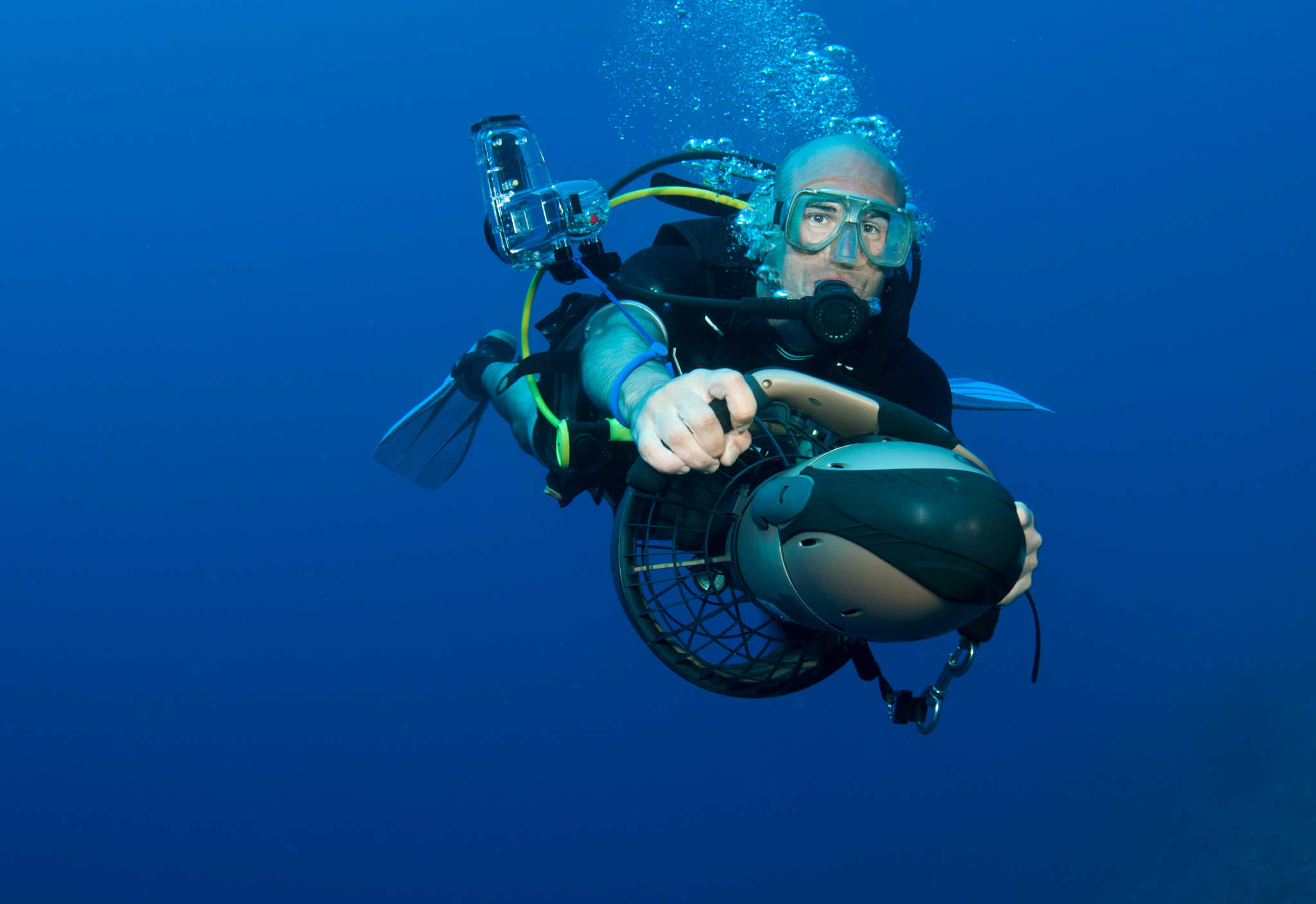
NovoScuba’s platform offers state of the art training programmes ranging from introductory up to professional diving, including various specialties. All programmes meet international standards and ISO certifications are in place. This commitment to shared success, accessibility and positive results for the planet, all at a cost effective and affordable level, is what will make NovoScuba stand out.
“Our deep understanding of traditional pain points for the industry, combined with our digitally native approach positions NovoScuba as a game-changer in dive education. Offering unparalleled initiatives such as student subscription, open access to all course materials, pay as you certify, no stock required, monthly membership payments, payment in local currencies, one-click certifications, and membership freezing, NovoScuba is set to redefine the industry. Available in 13 languages, at launch, the NovoScuba courses are written for the modern divers, with a focus on up-to-date content, interactive learning, and an engaging platform,” Mark Spiers concluded.
NovoScuba is challenging a change in the industry, redefining established traditional systems, and ushering in a new standard of excellence, support, and partnership. Their collaborations with dive stores, pros and underwater enthusiasts won’t demand exclusivity, prioritising earned loyalty, and an understanding that their Member’s success is key to their own.
NovoScuba
Diving Redefined.
-

 News3 months ago
News3 months agoCapturing Critters in Lembeh Underwater Photography Workshop 2024: Event Roundup
-

 Marine Life & Conservation Blogs3 months ago
Marine Life & Conservation Blogs3 months agoCreature Feature: Swell Sharks
-

 Blogs2 months ago
Blogs2 months agoMurex Resorts: Passport to Paradise!
-

 Blogs2 months ago
Blogs2 months agoDiver Discovering Whale Skeletons Beneath Ice Judged World’s Best Underwater Photograph
-

 Gear Reviews3 weeks ago
Gear Reviews3 weeks agoGEAR REVIEW – Revolutionising Diving Comfort: The Sharkskin T2 Chillproof Suit
-

 Gear Reviews3 months ago
Gear Reviews3 months agoGear Review: Oceanic+ Dive Housing for iPhone
-

 Marine Life & Conservation2 months ago
Marine Life & Conservation2 months agoSave the Manatee Club launches brand new webcams at Silver Springs State Park, Florida
-

 News2 months ago
News2 months agoPADI Teams Up with Wellness Brand Neuro to Drive Ocean Change and Create a Blue State of Mind


